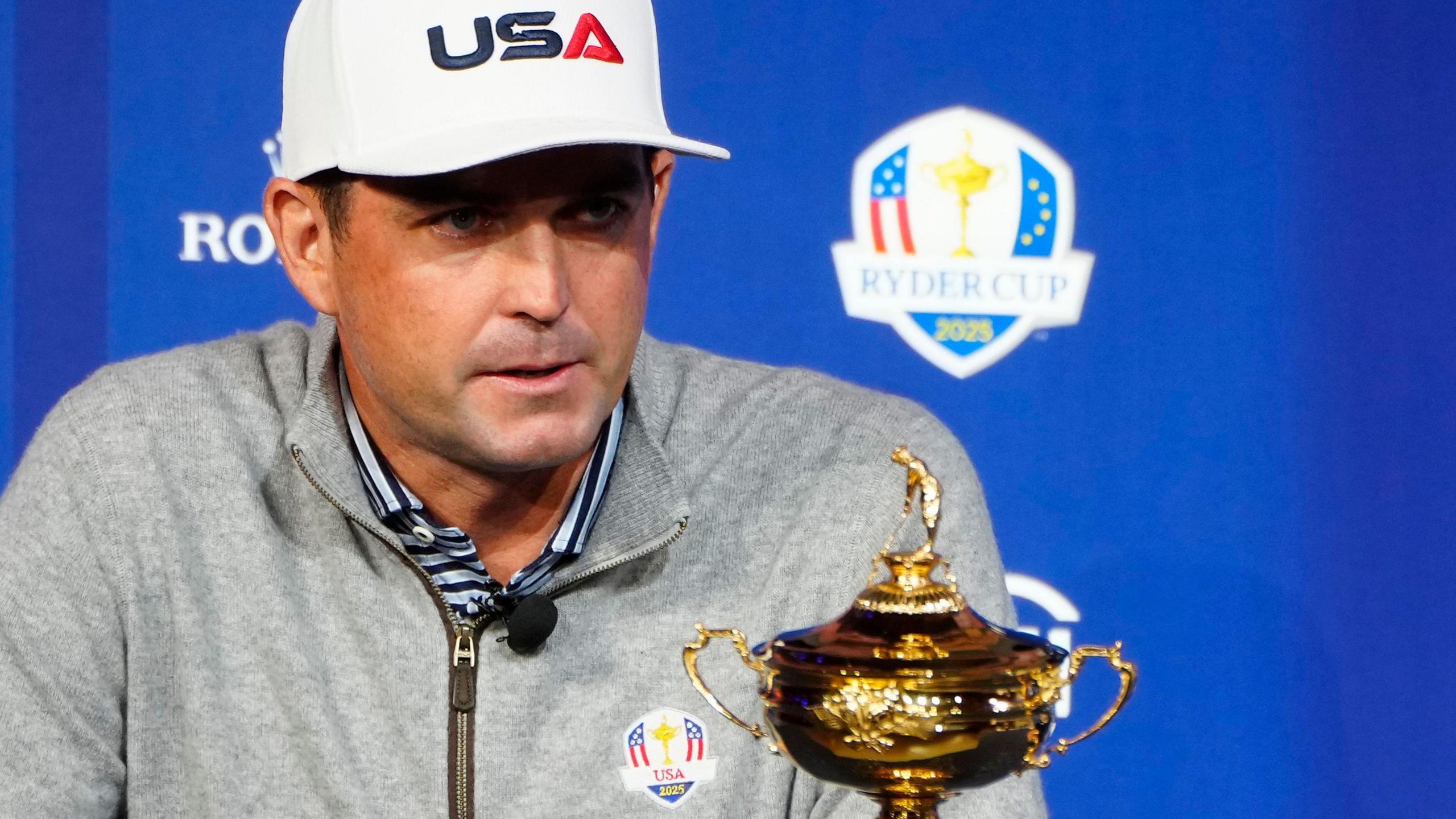Ryder Cup Captain’s Risky Self-Pick Decision: Bradley’s High-Stakes Gamble
The weight of leadership rarely carries a heavier burden than it does for U.S. Ryder Cup captain Keegan Bradley, who now faces a dilemma that blurs the lines between captain and contender. With whispers of “ridiculous” and “controversial” swirling around his potential decision to name himself as one of America’s six wildcard picks, Bradley stands at a crossroads that could redefine his legacy—and the fate of Team USA at Bethpage Black.
The Ryder Cup Captain’s Unprecedented Dilemma
Bradley’s appointment as captain initially raised eyebrows, not due to his passion—his devotion to Team USA is as fiery as his 2012 Ryder Cup debut—but because he remains an elite competitor. At 39, he’s fresh off a June victory at the Travelers Championship, where he edged out Europe’s Tommy Fleetwood, and ranks firmly among America’s top dozen players. Yet selecting himself would break a 62-year precedent: Arnold Palmer, in 1963, was the last playing captain in an era when the Ryder Cup was a fraction of its modern-day stature.
“It’s a really strange thing to ponder,” Bradley admitted during the Tour Championship. “Making the picks and thinking of picking yourself is ridiculous. It doesn’t seem like reality sometimes.” The discomfort is palpable. His Ryder Cup kit from 2012 remains sealed, a haunting reminder of two defeats (Medinah 2012, Gleneagles 2014) he’s desperate to overwrite with victory. But can he simultaneously rally a team and sharpen his own game under the microscope of New York’s demanding crowds?
The Case For (and Against) a Self-Pick
Bradley’s recent form fuels the debate. A T7 finish at the Tour Championship, powered by middle rounds of 64 and 63, showcased his competitive edge. As a New England native, he’d thrive in Bethpage’s cauldron-like atmosphere, and his fierce brand of golf aligns with the Black Course’s brutish demands. Strategically, he could limit his role to fourball matches—where his aggressive play shines—while delegating captaincy duties during foursomes to trusted lieutenants like Jim Furyk and Webb Simpson.
Yet the risks are stark. Bradley’s dual role could fracture team cohesion, particularly for snubbed players like Ben Griffin (9th in qualifying) or Brian Harman (12th). His limited Ryder Cup experience as a player—two losing appearances—and lack of prior captaincy credentials amplify the pressure. As Bradley himself concedes, “It’s going to be controversial whichever way I go.”
Wildcard Contenders: Who Else Makes the Cut?
While the Ryder Cup captain wrestles with his choice, five other wildcards hang in the balance. Here’s the state of play for key contenders:
– Justin Thomas (7th in qualifying): A lock despite a shaky season. His 5-2-1 Ryder Cup record and clutch gene justify the bet.
– Collin Morikawa (8th): A puzzling slump since Bay Hill clouds his résumé, but his major pedigree (two wins) and ice-cool demeaner are assets.
– Cameron Young (14th): The dark horse. A Bethpage course-record holder and New Yorker, his booming drives are tailor-made for the Black Course.
– Patrick Cantlay (15th): A runner-up at the Tour Championship silenced doubters. His fiery Ryder Cup reputation (“Patty Ice”) is invaluable.
– Sam Burns (16th): A near-miss at the U.S. Open and bond with Scottie Scheffler strengthen his case, but his qualifying rank complicates it.
Less certain are Ben Griffin—whose pairs win at the Zurich Classic mirrors Ryder Cup formats—and Maverick McNealy (10th), who surged with a T3 at the BMW Championship. Meanwhile, Harman’s lack of distance and Andrew Novak’s thin portfolio likely leave them on the outside.
Verdict at Bethpage: Can a Playing Captain Deliver?
Home advantage favors the U.S.; no visiting team has won since 2012. But Europe’s triumph in Rome exposed America’s fragility under pressure. Bradley’s gamble, should he take it, must deliver more than symbolism—it must deliver points. His leadership team, including rookie vice-captains Kevin Kisner and Gary Woodland, lacks Ryder Cup nous, raising questions about in-game adjustments.
History offers no blueprint. Palmer’s ’63 squad triumphed, but today’s Ryder Cup is a logistical leviathan. Bradley’s laser focus would inevitably split between strategizing and competing, a duality no captain has tackled in generations.
Conclusion: A Legacy-Defining Choice
As Bradley finalizes his picks ahead of the September 26-28 showdown, one truth endures: only victory will vindicate his decision. Whether he hands himself a club or a clipboard, the Ryder Cup captain understands the stakes. A self-pick could galvanize a team craving his passion—or unravel under the scrutiny of divided attention.
For Bradley, the greater risk may lie in not trusting his game. After all, Bethpage’s raucous galleries won’t chant for a captain’s speeches—they’ll roar for birdies. In New York, boldness is currency, and Bradley might just bet on himself to cash in.
